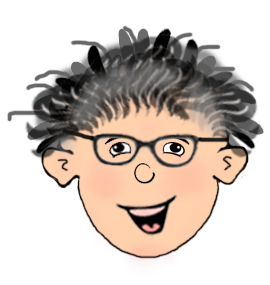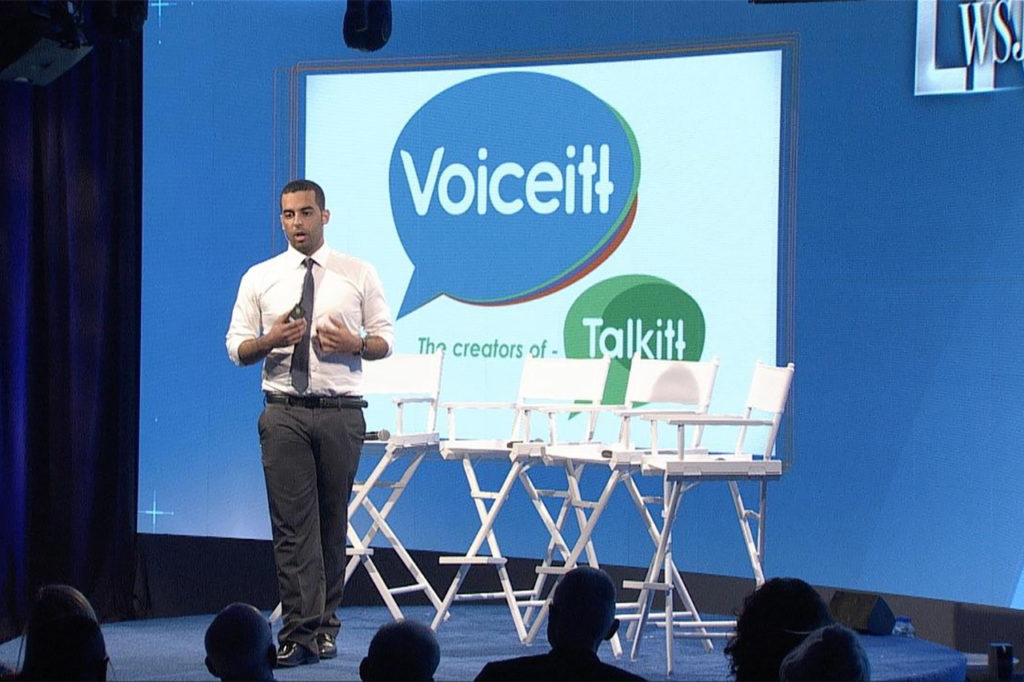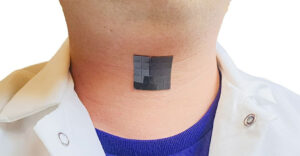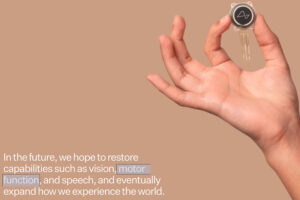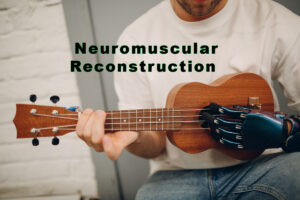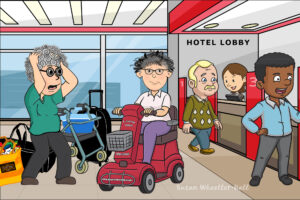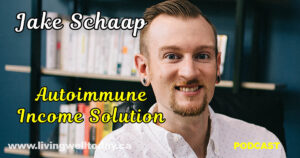Talkitt speech enabling device
For people who lack the ability to speak due to weak muscles or who have disabilities like Cerebral Palsy (CP) the talkitt speech enabling device can be life-changing.
Talkitt makes it possible for people with speech disabilities to communicate using their own voice – and works with any language!
An innovative solution that enables people who have motor, speech and language disorders to easily communicate using their own voice, and point of view. Imagine the difference it would make to be able to independently speak for yourself if talking was difficult or not possible. Unless you, or someone you know, has a speech problem that’s hard to imagine.
Independence transformed
It truly is amazing how technology can remove barriers. Learn more about talkitt here or watch the video below.

The video explains how it works:
Is there a need?
It began as crowdfunding campaigned in 2014 that resulted in bringing in 87K for development. That’s a very good result which tells you there is a need for this product.
What diseases can affect or limit speech?
There are countless progressive neuromuscular diseases that can cause deterioration of speech, below are just a few of the most common.
Huntington’s disease (HD) is an inherited disorder marked by progressive degeneration of brain cells. Most individuals with Huntington’s disease develop some signs and symptoms in their 30s or 40s. Speech and swallowing problems typically occur when the motor or cognitive control responsible for these functions become affected.
Parkinson’s disease (PD) does affect speech in most cases as it progresses. Every individual differs, this comes about again due to Dysphonia. When this occurs the voice weakens by being lower in volume, hoarse and rough and/or breathy.
Multiple Sclerosis (MS) statics report that around 50% of patients have speech difficulties and dysarthria is common. Due to a vast array of affected areas of the central nervous system, any type of dysarthria is possible. There may also be problems with prosody, phonation, and articulation. Characteristics of speech difficulties include a harsh or breathy voice.
Amyotrophic lateral sclerosis (ALS) can cause difficulties with many muscles of the head and face that are used for speech production, including the tongue, lips, pharynx, jaw, and larynx. This too is a deteriorating condition.
